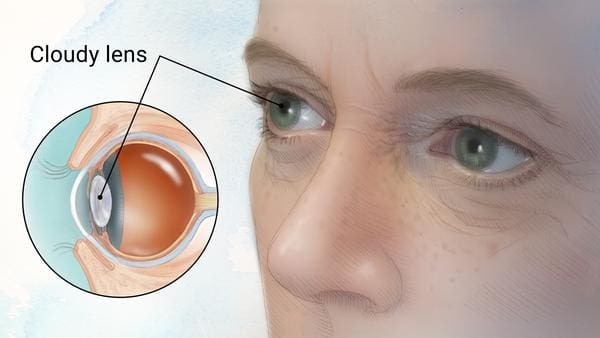What's the True Cost of Cataract Surgery for Seniors in 2025?
As cataract surgery remains vital for restoring vision in older adults, understanding its expenses is critical. This 2025 guide breaks down costs, laser options, and tips to find top surgeons.
Understanding Cataract Surgery
Cataract surgery replaces a clouded eye lens with an artificial one, improving clarity for millions of seniors. With ageing populations, demand for cataract surgery continues to rise. Traditional methods involve ultrasound-driven lens removal, while laser-assisted cataract surgery offers enhanced precision. Both procedures are safe, but laser options often reduce recovery time. Early intervention is key—delaying cataract surgery risks worsening vision and quality of life.
Cataract Surgery Costs for 2025
In 2025, cataract surgery costs vary by provider and technique. At private clinics, traditional cataract surgery typically costs $2,500–$5,500 per eye, while laser-assisted procedures range from $4,500–$9,000 per eye due to advanced technology and surgeon expertise. NHS-covered cataract surgery remains free but faces wait times averaging 14–20 weeks, prompting many seniors to opt for private care for faster access and premium intraocular lenses (IOLs). Multifocal or toric lenses, which reduce glasses dependency, add $600–$2,500 per eye.
Key Factors Influencing 2025 Prices
1.Procedure Type: Laser cataract surgery costs more due to advanced technology and surgeon training.
2.Surgeon Expertise: Top consultants in cities like London or at renowned clinics (e.g., SpaMedica) charge higher fees.
3.Lens Choice: Basic monofocal IOLs are standard under the NHS; private patients pay extra for premium lenses.
4.Facility Fees: Private hospitals may include accommodation and aftercare, inflating costs versus outpatient clinics.
5.Post-Surgery Care: Follow-up treatments (e.g., YAG laser capsulotomy) now cost $120–$350 per session.
NHS Challenges and Policy Updates
The NHS funds cataract surgery if vision impairment affects daily life, but eligibility varies regionally. In 2025, outsourcing to private providers has reached 65% of NHS cataract procedures, up from 55% in 2023, raising concerns about depleted NHS resources for complex conditions like glaucoma. A recent government review aims to cap outsourcing at 50% and introduce stricter audits to prevent "upcoding" (overcharging for complex cases). Low-income patients may qualify for partial subsidies via the NHS Low Income Scheme, covering prescription fees or travel costs.
Finding the Best Cataract Surgeons in 2025
Choosing a skilled surgeon is crucial for successful cataract surgery. Consider these steps:
- NHS Referrals: Your GP can recommend trusted NHS consultants, though wait times remain lengthy.
- Private Clinics: Research providers like SpaMedica or Optegra with Care Quality Commission (CQC) ratings.
- Credentials: Verify Royal College of Ophthalmologists membership and laser-surgery certifications.
- Patient Reviews: Platforms like Doctify highlight outcomes for surgeons like Prof. Ben Burton, a leader in NHS reform.
- Consultations: Discuss lens options, success rates, and payment plans—many clinics now offer 0% finance over 12–24 months.
Risks and Ethical Concerns
The boom in private cataract surgery has sparked debate. Critics argue it drains NHS funding and staff, with 73% of NHS ophthalmologists reporting negative impacts on training and complex case management. Meanwhile, private providers like SpaMedica reported $100m+ profits in 2024, driven by NHS contracts. Complications, though rare (1 in 1,000 risk of sight loss), underscore the need for careful surgeon selection.
Conclusion
Navigating cataract surgery costs in 2025 requires balancing NHS benefits with private care advantages. While NHS coverage eases financial burdens, private cataract surgery delivers faster results and customised lens options. Seniors should weigh surgeon expertise, lens technology, and hidden fees when budgeting. With outsourcing reforms underway and laser cataract surgery gaining traction, staying informed about pricing trends and policy changes ensures better decisions. Prioritising both affordability and quality guarantees clearer vision and a better quality of life for ageing Britons.
